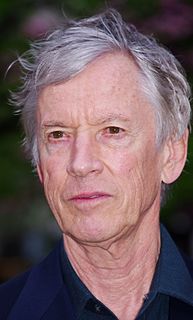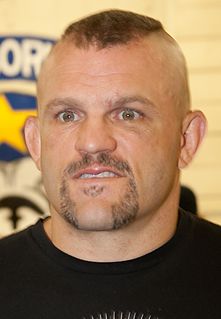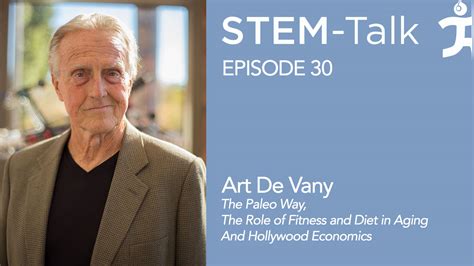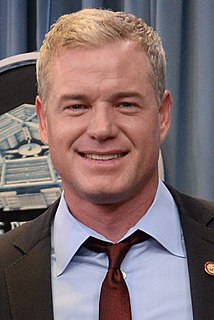A Quote by Misty May-Treanor
I used to spend a couple of hours in the weight room, but really, an hour is long enough. I lift twice a week and on other days incorporate more core yoga and different exercises. It's important to listen to your body. I will shut it down if I'm tired.
Related Quotes
Your least frequent, most extreme exertions will have the greatest influence on your fitness. The peak moments of a workout count far more than the amount of time you spend working out. This is why a series of 40-yard sprints at full speed benefits you more than half an hour of jogging. It's also the reason why lifting a weight heavy enough to make your heart pound and your muscles burn counts more than spending hours at the gym always in your comfort zone, never truly challenging your body. When a work-out becomes an unvarying, monotonous routine, it loses its effectiveness.
We'd always said boxers shouldn't lift weights. Now I realize some champion boxer started that rumor. I noticed if I did weights a couple of times a week, I would be able to hit that jab a lot longer. After sparring, everybody's gone, and I sneak into the weight room. Spend 40 minutes in there lifting weights.






































